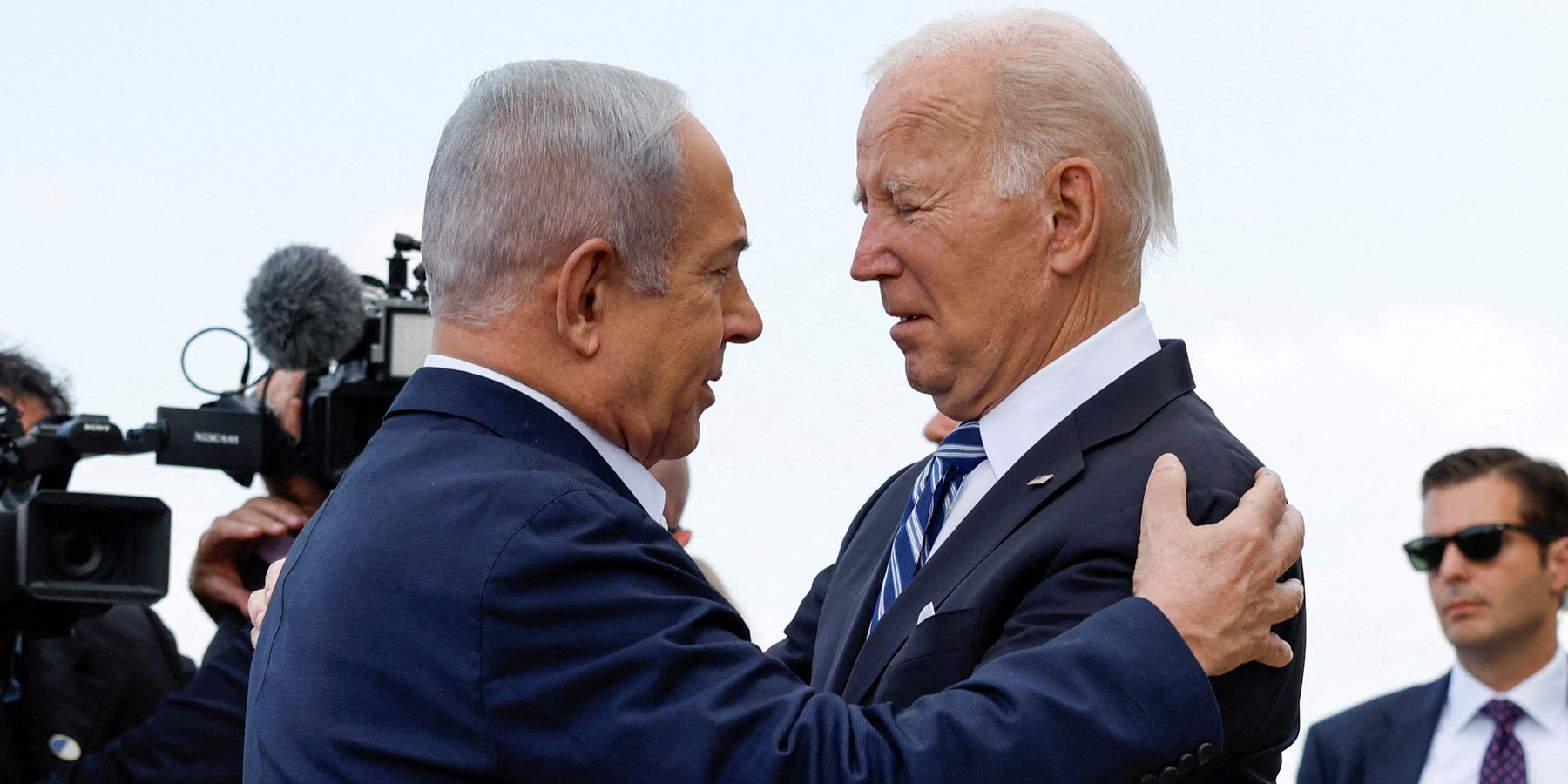On Monday, Brown University’s Costs of War project released a report detailing America’s monetary commitment to Israel since October 7, 2023, which concludes that The United States has approved at least $17.9 billion on military aid to Israel, the highest given in a single year since the U.S. began giving Israel aid in 1959. Israel is also the biggest recipient of aid from the United States since World War II, and has multiple unique arms and aid agreements with the United States, although notably no formal defense treaty.
In addition to direct aid to Israel, the United States has increased its military footprint in the region to around 43,000 ever since the Hamas attacks in October 2023. The Associated Press, which covered the COW report, estimated that an additional $4.86 billion has been spent on this increase in military operations.
The increased military presence has included President Biden sending additional troops to the region, striking Iran-aligned Houthi targets in Yemen, sending two carrier strike groups to the Mediterranean, and assisting Israel in intercepting Iranian launched missiles. The report does not include any additional assistance that may be given to Israel after its invasion of southern Lebanon in late September.
Israel has been receiving billions every year since it signed the Camp David Accords in 1978, with President Obama setting the annual aid amount to $3.8 billion through 2028.
The report also states the uniqueness of Israel’s aid situation with the United States: “Israel receives favorable financing arrangements related to U.S. military aid. For example, U.S. aid is provided on a ‘cash flow’ basis, which means that Israel is able to finance multi-year purchases from the U.S. based on future commitments, before the funds have been officially appropriated by Congress.” The report also points out that “unlike any other country in the world, Israel is allowed to spend 25% of its routine annual military aid from the United States on its own arms industry.”
Besides the increased financial cost of participating in Israel’s escalations, the human toll must be accounted for. Hamas fighters killed around 1,200 people in Israel on October 7, and Israel has killed at least 42,000 people in Gaza since. Additionally, almost 700 Palestinians have been killed in the West Bank since October 7, 2023, as well as 1,400 people in Lebanon (Hezbollah fighters and civilians alike).
American soldiers have also been placed in a position of higher vulnerability. The roughly 3,500 soldiers spread out across Iraq and Syria have been subject to increased attacks from Iranian-backed militia groups since October of 2023, and could serve as a tripwire for a larger conflict.
The United States is almost certain to further involve itself in this conflict. To assist Israel in its response to Iran’s missile barrage, the American CENTCOM chief was sent to meet with Israeli defense officials on Sunday. Messaging around supporting Israel has been consistent as well. In a State Department briefing from October 3, spokesperson Matthew Miller said, “We have made clear from the start that we are committed to the defense of Israel and that we will remain committed to the defense of Israel.” He added, “our security partnership with them dates back decades, and we expect it to continue well into the future. We are also having conversations with them about the shape of that campaign [against Iran], the scope of that campaign, what their targets are going to be, but I don’t want to get into it beyond that.”
- New Speaker Johnson: Vote on separate $14.3B Israel aid bill this week ›
- Aid for Israel and Ukraine is not an American jobs program ›
- House passes Israel aid bill that is expected DOA in the Senate ›
















